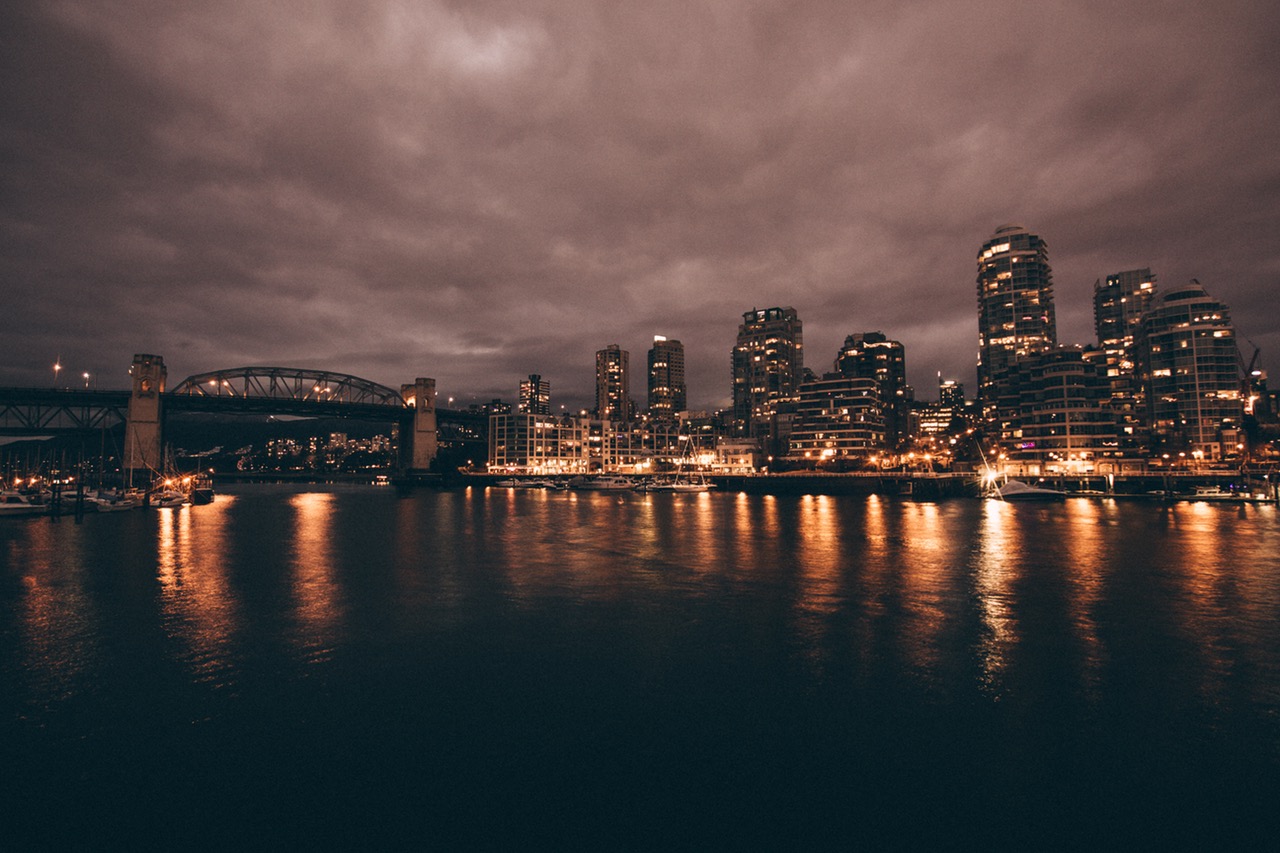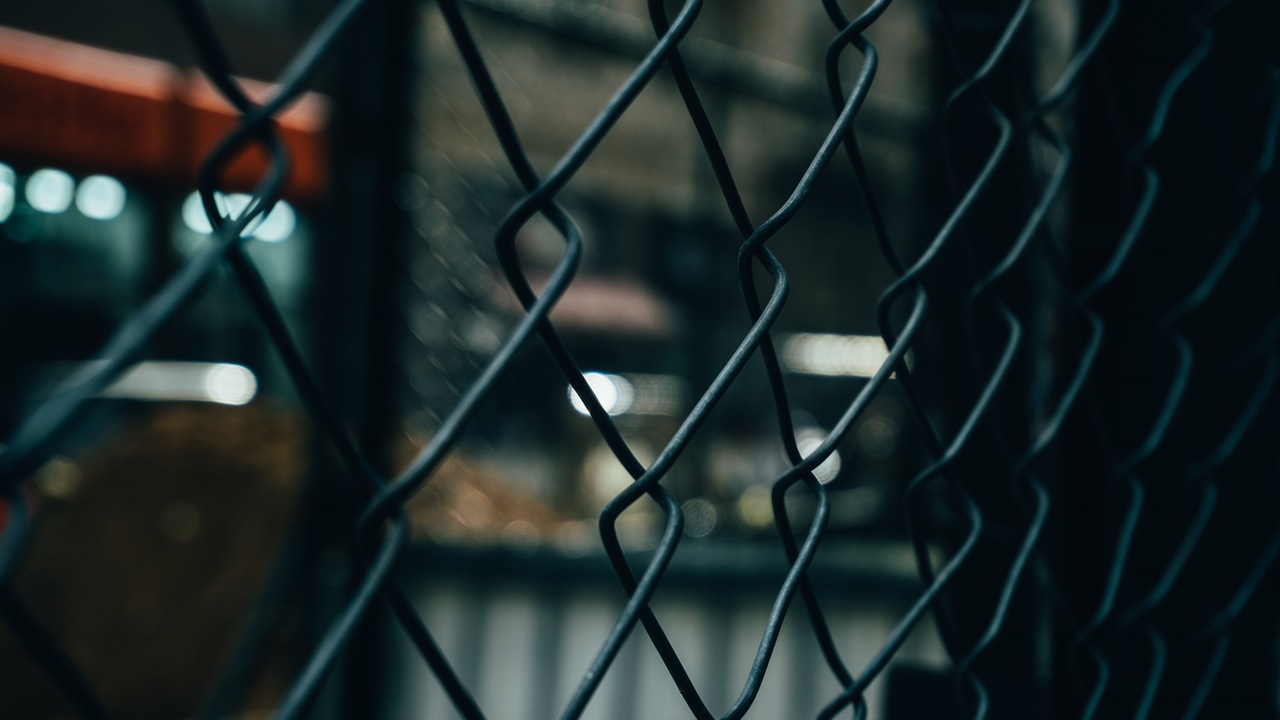COVID-19
This definition covers, amongst other areas, security provision in hospitals; schools; social care; courts; government estate; supermarkets and the food supply chain; the transport network; national infrastructure and utilities. If you are providing essential security to a service which itself remains critical and functioning, which attracts critical worker status, then you are likely to be covered.
Coronavirus (Covid-19)
26 March 2020
On Monday, 23 March the Prime Minister announced further instructions
to the British public to combat the spread of Coronavirus (COVID-19).
His announcement can be viewed here . It places further restrictions on when people can leave their homes and limits travel for work to essential roles only.
. It places further restrictions on when people can leave their homes and limits travel for work to essential roles only.
I am able to confirm that the current definition of critical worker
DOES include regulated (licence holding) security professionals,
essential to national infrastructure, operating in roles under the 8 broad headings listed .
This status is only directly relevant to the ability to access the
school and childcare systems at this time. This critical worker
definition does not affect whether or not you can travel to work - if
you are not a critical worker, you may still travel to work where this
absolutely cannot be done from home.
.
This status is only directly relevant to the ability to access the
school and childcare systems at this time. This critical worker
definition does not affect whether or not you can travel to work - if
you are not a critical worker, you may still travel to work where this
absolutely cannot be done from home.
To prioritise pressure on the schools system, it does NOT extend to all licence holders. It is role dependent. The list may change over time.
Government advice is to stay at home whenever possible. It is to keep your children at home whenever possible - even if you are a critical worker. If, and only if, you are undertaking an essential role, supporting the nation's COVID-19 response, which you can only do by accessing the school or childcare systems, should you do so as a critical worker.
This definition covers, amongst other areas, security provision in hospitals; schools; social care; courts; government estate; supermarkets and the food supply chain; the transport network; national infrastructure and utilities. If you are providing essential security to a service which itself remains critical and functioning, which attracts critical worker status, then you are likely to be covered. If in doubt, check with whoever contracts for your services.
Roles essential to supporting law and order, with the potential to reduce demand on policing, also meet the critical worker definition. This would include, amongst other areas, the guarding of empty or closed commercial, retail or office premises; the monitoring of similar through CCTV or other remote means; and the provision of alarm response centres including mobile units.
If your role does not clearly fall under the headings above then you may still travel to work, if that work absolutely cannot be done from home. Your aim should be to stay at home whenever possible. If this is not viable then assess whether you can deliver more services remotely e.g. through CCTV. If a physical presence is required then you should seek to minimise the number of staff deployed to the lowest safe level and ensure social distancing is applied.
Note that in any circumstance, critical worker or otherwise, the Prime Minister has been very clear that ensuring social distancing remains the responsibility of the employer.
These are difficult questions in unprecedented times. They are not easy and no-one else can answer them for you. You will need to apply judgement, with the aim of minimising social contact where possible. The words to focus on are 'necessary', 'critical' and 'essential', otherwise please stay at home and minimise the transmission risks for the benefit of your health, your families, the general public and the NHS.
Ian Todd
Chief Executive
<< Back to Listing

